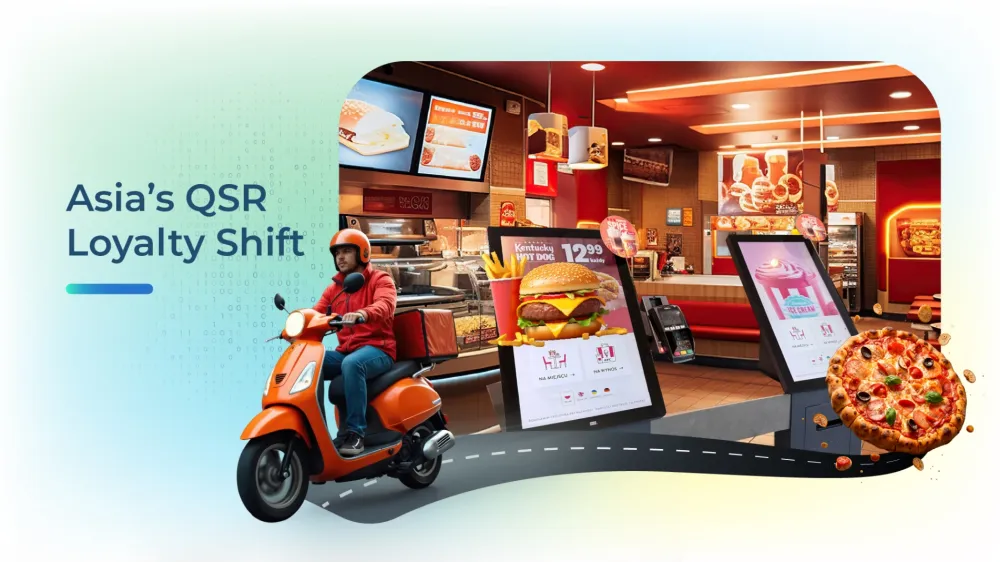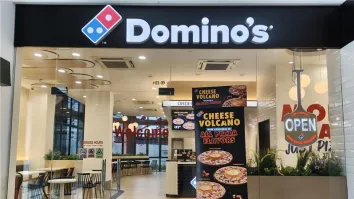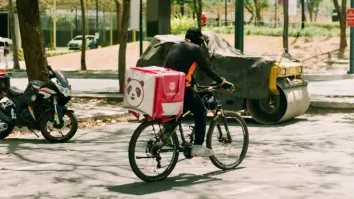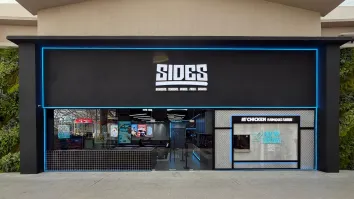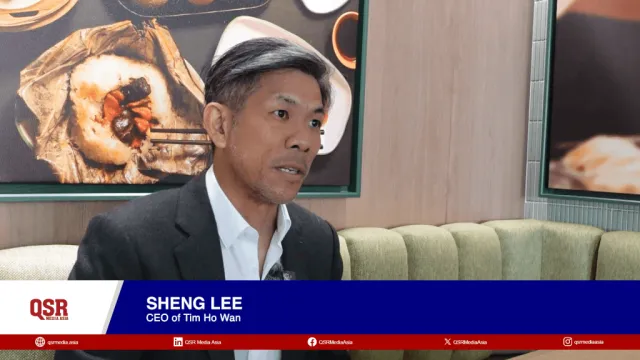
Putting people first: Overcoming the QSR labour crisis with Fourth
The global labour shortage has become a growing concern for businesses across the world. The shortage is being felt across industries, from hospitality to manufacturing, and is being attributed to several factors including aging demographics, a decline in birth rates, and a lack of skilled workers.
The pandemic has only exacerbated the issue, with many workers leaving the workforce due to health concerns, relocation, or early retirement. This has resulted in many businesses struggling to fill open positions, leading to reduced productivity and revenue losses.
In the APAC region alone, many countries are experiencing labour shortages—due in part to aging populations and the accelerated rate of retirement during COVID-19. For instance, as of August 2022, the unemployment rate in Australia was at its lowest point ever since August 1974—dropping to 3.4%.
Even as countries continue to recover from COVID-19 pandemic, the APAC region still lacked 22 million jobs in 2022 and is predicted to widen further in 2023—to 26 million job gap based on a report from the International Labour Organization.
Labour shortage in the QSR industry
The hospitality industry is one of many that have struggled to find enough qualified workers as the re-opening of borders boosts travel and tourism activities.
In Australia, the tightened border controls, the exodus of foreign students and workers, and two years without tourists have left the Australian QSR industry struggling to fill jobs—and keep their businesses going.
QSR companies can't hire enough workers to replace those who leave; as a result, understaffing has become a serious problem at many chains across Australia--and it's costing them money.
Impact on the QSR industry
As a result of the labour shortage, customers are experiencing longer wait times and poor customer service. This is because there are fewer employees to serve them in a timely manner.
A lack of employees means that QSRs can't operate at full capacity, especially during peak hours when customers tend to come out in droves looking for something quick yet satisfying on their lunch break or right before heading back home after work.
The quality of food served at QSRs can also be affected by labour shortage as it will take longer to prepare meals with fewer staff members working on each order. If customers are unhappy with the food quality at one restaurant, they will likely avoid eating there again.
Moreover, in the QSR industry, employees work under high pressure and are required to perform their duties efficiently. Due to labour shortage, they have to take up additional responsibilities which can lead to an increased workload. This may also cause poor job satisfaction as well as lower wages for employees.
Without enough workers on hand to handle all orders, businesses literally cannot keep their doors open. As companies seek to address the labour shortage, many are turning to technology to fill the gaps in their workforce. Robotics, artificial intelligence, and other forms of automation are being utilised for workforce management. It is clear the global labour shortage is not a problem that will be solved overnight so QSR businesses will need to adapt and innovate to ensure they have the workforce they need to remain competitive in the years to come.
Introducing Fourth's intelligent workforce management technology
With the pandemic causing disruptions and uncertainties in the job market, recruitment and retention of employees have become pressing issues for QSR businesses. However, Fourth's intelligent workforce management technology can be the solution to this crisis.
Fourth’s solutions leverage over 20 years of data expertise to provide actionable insights that drive agile operations and optimal performance. Fourth NextGen forecasting engine uses machine learning to help businesses make better decisions. Real-time operational reporting provides insights that enable businesses to align costs and savings while accurately predicting demand—identifying any historical patterns or trends in the data.
NextGen Forecasting
Traditional forecasting models, which are based on rules developed by people rather than data collected from each store location individually, cannot identify differences in consumer demand at one location as compared to another.
Fourth’s NextGen Forecasting leverages machine learning to build forecasting models that accurately recommend staffing levels even at the individual restaurant level.
Accurate forecasting is important for fast food chains that operate in different regions, across locations. It allows the QSR business to make decisions that improve productivity and increase sales at individual restaurants while ensuring overall profits continue growing.
For example, a restaurant in a city's downtown area may experience higher levels of customer demand, during certain times of the day, than one located outside town where people are more likely to visit because they need supplies or services. In addition, for larger gatherings including sports matches and festivals, the system analyses the weather and other external factors to ensure sufficient supply deliveries and labour scheduling.
Scheduling the workforce with Fourth
Using the NextGen forecasting engine with machine learning, the scheduling dashboard predicts customer demand and automatically generates shifts for each day and future weeks. The system also understands historical trends, analysing data from third parties sources including events, weather, and school/ public holidays to get the most accurate forecast.
With MySchedule, an app that allows managers and staff to access schedules on their mobile devices, QSR businesses can set up shared schedules so their employees can view their shifts and request swaps or additional shifts—with manager approval. An automated scheduling tool that removes the complexity and time spent by managers on creating and amending staff rosters, with full visibility of the labour hours required, is a must-have in today’s QSRs.
Engaging employees through Fourth
With a labour shortage, it becomes even more difficult to find and retain employees. Engaged employees are less likely to leave their jobs, reducing turnover rates and the costs associated with hiring and training new staff. This can also improve the quality of work and customer service as experienced employees are more knowledgeable and efficient in their roles. Additionally, engaged employees are more likely to go above and beyond for customers, providing exceptional service and building customer loyalty. This is especially important for QSRs where customers expect a fast and convenient experience.
Fourth can help increase employee productivity and improve the overall employee experience by providing engagement solutions. Fourth's Employee Engagement App connects managers and employees in a branded digital hub that can be accessed by staff either on the PC or through mobile devices using single-login. It also provides a space for employees to securely access and share company documents, policies, images, and videos—anytime and from anywhere. Lastly, it also includes group newsfeeds, group messaging, and team dashboards for sharing tasks and monitoring actions by other people.
Helping Jardine Restaurant Group in labour management
For decades, the Jardine Restaurant Group has been driving the expansion of Pizza Hut, KFC, and PHD brands in Asia. JRG was aware of the importance of controlling labour costs, and so it took measures to address this issue.
JRG chose to use Fourth’s workforce management solution, a real-time technology that helps restaurants forecast, schedule, and engage with their teams.
Fourth's workforce management solution has enabled the company to realise significant returns. JRG was able to achieve ROI from the forecasting system within just 1 month. During this time, the group experienced a 10% straight reduction in mean absolute percentage error (MAPE)—a key measure of forecasting accuracy.
Moreover, JRG has made great strides in increasing efficiency across brands and regions. Regional and area managers now have real-time visibility of store operations, available to them at any time they want without having to make special requests or submit paperwork through traditional management channels.
“Fourth has given us the ability & insight needed to bring all of our stores’ labour & forecasting capabilities above the standard of even the highest performing stores before implementation," said Ran Zou, Senior Transformation Manager of Jardine Matheson.
Partnering with Fourth
With Fourth, QSRs can streamline their scheduling and time tracking processes, stay on top of workforce management and inventory management, and engage with the employees to boost retention rates. Fourth enables QSRs to give their team the resources they need to thrive, and in turn, create a better experience for the customers.
For more information, please visit https://www.fourth.com/
